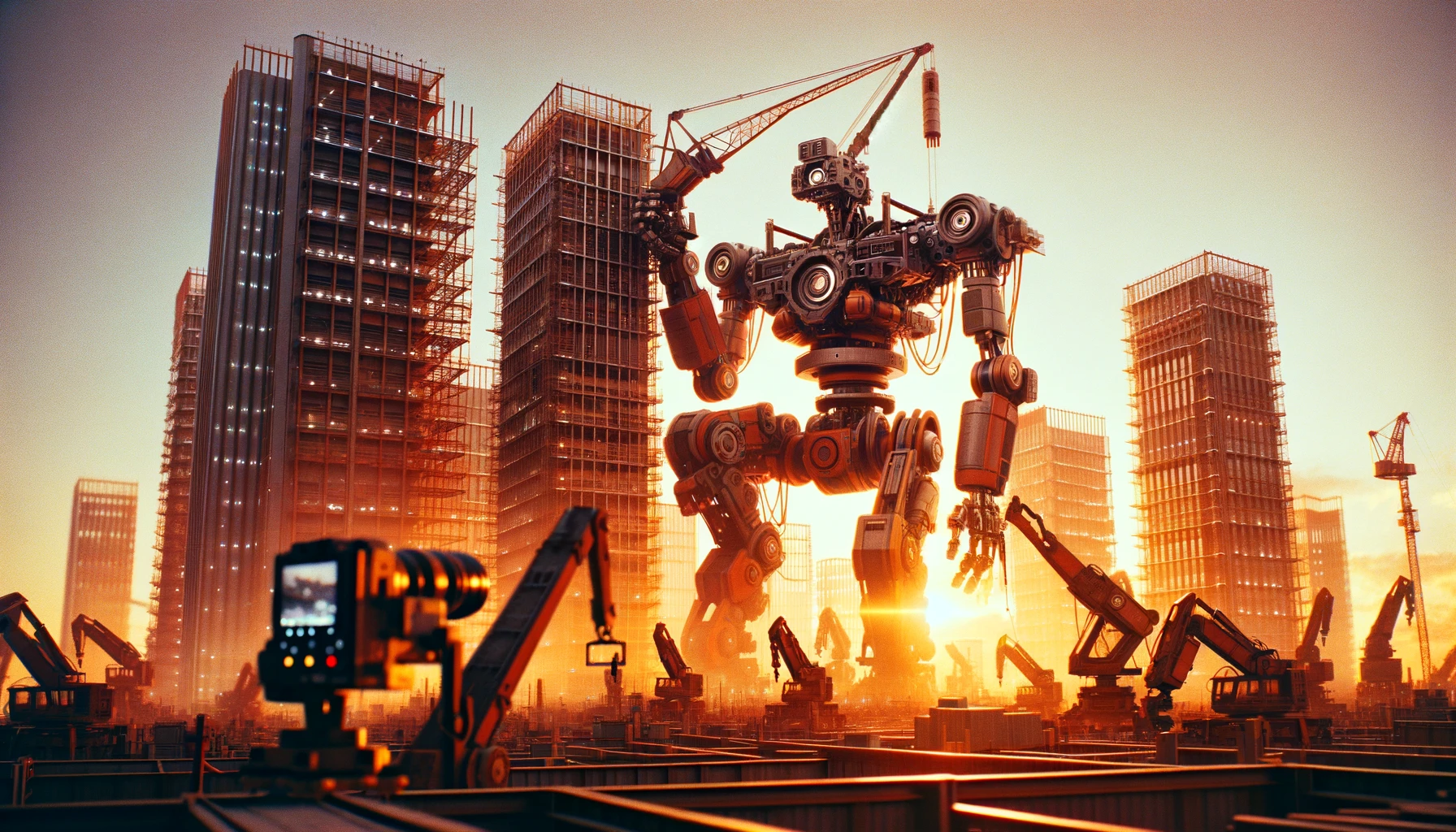In the rapidly evolving landscape of media production, the age of automation has ushered in a transformative era that challenges traditional paradigms and invites a reimagining of creative processes. As technology advances, the integration of artificial intelligence, machine learning, and automated systems into media production has become not just a novelty but a necessity. This shift towards automation presents both opportunities and obstacles for professionals in the field. Understanding how to adapt to these changes is crucial for navigating the future of media production.
Embracing the New Creators: AI and Automation
The Rise of Automated Content Creation
Automation has made significant inroads into content creation, with algorithms now capable of generating written content, music, and even basic video clips. These tools can produce material at a speed and volume unattainable by human creators, offering unprecedented efficiency gains.
The Role of AI in Editing and Post-Production
AI-driven tools are transforming editing and post-production, offering solutions that can analyze and edit footage with minimal human intervention. These technologies not only speed up the editing process but also enhance creative decision-making by suggesting edits and improvements.
Personalization and Targeting through Automation
Automated systems are increasingly adept at creating personalized content for specific audiences. By analyzing viewer preferences and behaviors, these systems can tailor content to individual tastes, potentially increasing engagement and viewer satisfaction.
The Human Touch: Balancing Automation and Creativity
The Indispensable Value of Human Creativity
While automation can enhance efficiency and offer new tools for creators, the unique value of human creativity remains irreplaceable. The challenge lies in finding the right balance between leveraging automated tools and preserving the human touch that imbues media with depth and nuance.
Collaboration between Humans and Machines
The future of media production lies in the collaborative synergy between human creativity and machine efficiency. By harnessing the strengths of both, creators can explore new artistic horizons and storytelling techniques that were previously unimaginable.
Ethical Considerations and Authenticity
As automation becomes more prevalent, ethical considerations come to the forefront. Issues of authenticity, copyright, and the potential for misuse of automated technologies must be navigated carefully to maintain trust and integrity in media production.
Training and Skills Development for the Automated Age
Adapting Education and Training Programs
The rise of automation necessitates a shift in education and training for media professionals. Emphasizing skills that complement and harness automated technologies—such as data analysis, machine learning, and digital storytelling—will be crucial.
The Importance of Continuous Learning
In an age where technological advancements occur at breakneck speed, the willingness to engage in continuous learning and adaptability becomes paramount for professionals seeking to remain relevant and competitive.
Fostering Creativity and Innovation
In a landscape shaped by automation, fostering a culture of creativity and innovation is essential. Encouraging experimentation and the exploration of new ideas will drive the evolution of media production in exciting directions.
The Impact of Automation on the Media Landscape
Changing Business Models
Automation is reshaping business models within the media industry. From content distribution to monetization strategies, companies must adapt to leverage automated systems while addressing the challenges they present.
The Democratization of Media Production
Automation has the potential to democratize media production by lowering barriers to entry and enabling a broader range of voices to be heard. This inclusivity can enrich the media landscape with diverse perspectives and stories.
The Future of Employment in Media
As automation takes on more routine tasks, the role of media professionals is evolving. Emphasizing creative, strategic, and analytical skills will be key to thriving in this new environment.
Conclusion: Navigating the Future Together
The age of automation in media production is not a harbinger of obsolescence for human creators but a call to evolution. By embracing the tools and opportunities presented by automation, media professionals can redefine creativity and storytelling. The future of media production will be characterized by a harmonious blend of human ingenuity and automated efficiency, leading to unprecedented possibilities in the way we create, consume, and connect through media. As we stand at this crossroads, the path forward is not just about adapting to change but about leading it, ensuring that the essence of human creativity remains at the heart of all technological advancements.


